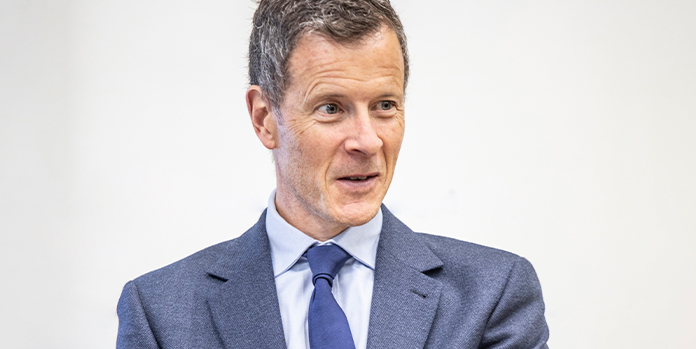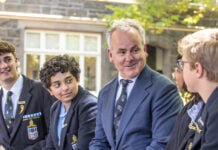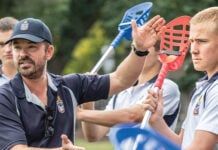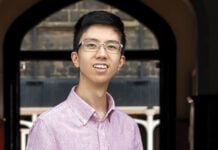After spending two weeks undertaking professional development in Europe during the Easter school holidays, History and Global Politics teacher Jeremy Hamilton has bought a new, richer perspective on world events back to the classroom.
Jeremy’s trip included meetings with political experts and others in Paris and Barcelona. There, he discussed issues such as France’s role in the EU, the conflict in Ukraine, and the pressures facing the EU as a whole.
“There’s such value in being physically present,” Jeremy says. “The opinions of people on the ground, whether they’re perspectives on President Macron’s visit to China or different views on the Catalan independence movement, are so much richer than news reports. This experience has had a great impact on my teaching.”
Gaining expert and everyday perspectives
Jeremy met with specialists at the French Institute of International Relations, the European Council on Foreign Relations, the Centre for European Research, the Autonomous University of Barcelona, and the Barcelona Institute of International Studies. He also attended a seminar on Ukraine’s relationship with Europe at the University of London in Paris.
“By being present in a culture, you can also soak up the everyday person’s point of view,” Jeremy says. “Back in the classroom, I am able to talk to the students about the people I met and their views on various political situations, and this opened up questions about their background and why they might hold a particular opinion.”
“For teachers whose syllabus focuses on the events of the last decade, it’s incumbent upon us to make sure we have a deep understanding of the current status of contemporary world affairs,” he says. “This enables us to better help young learners move away from the black-and-white view of world events and towards a more nuanced perspective.”
Jeremy emphasises that these kinds of real-world experiences are as important for students as they are for teachers. “I tell my students that, if you are considering studying politics beyond secondary school, you must take up the opportunity to study abroad,” he says.
“This trip is one of the most rewarding things I’ve done in my teaching career, and I’m incredibly grateful to the School and to Friends of Grammar for supporting me to undertake this professional development.”



